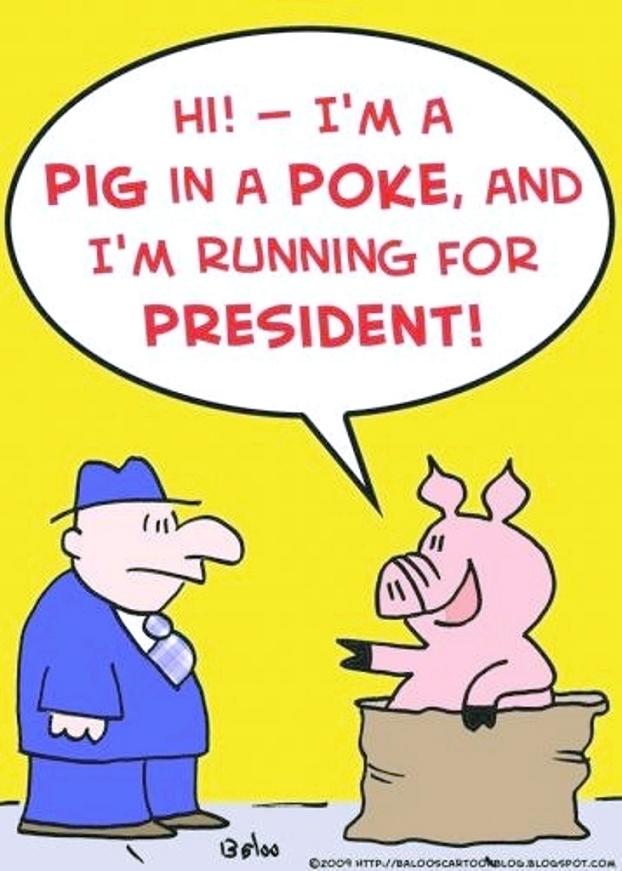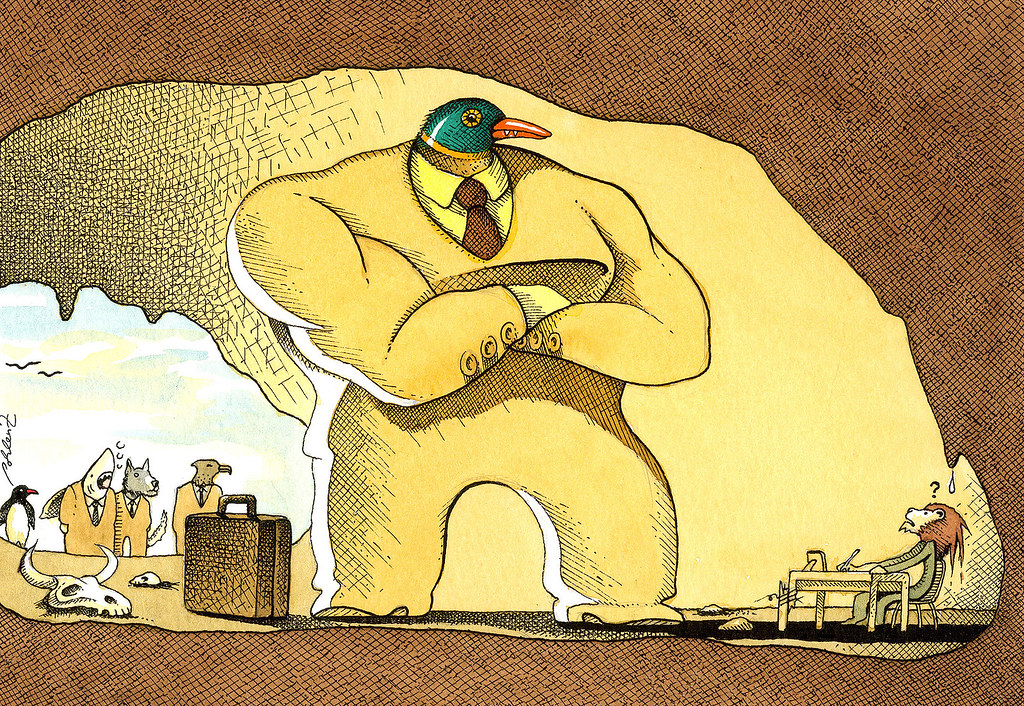
"Damocles" is a figure featured in a single moral anecdote commonly referred to as
"the Sword of Damocles",an allusion to the imminent and ever-present peril faced by those in positions of power.
Outline
According to the story, Damocles was pandering to Dionysius, his king, and exclaimed to him that Dionysius was truly fortunate as a great man of power and authority, surrounded by magnificence. In response, Dionysius offered to switch places with Damocles so that Damocles could taste that very fortune firsthand. Damocles quickly and eagerly accepted the king's proposal. Damocles sat down in the king's throne surrounded by every luxury, but Dionysius arranged that a huge sword should hang above the throne, held at the pommel only by a single hair of a horse's tail. Damocles finally begged the king that he be allowed to depart because he no longer wanted to be so fortunate, realizing that with great fortune and power comes also great danger.
The sword of Damocles is frequently used in allusion to this tale, epitomizing the imminent and ever-present peril faced by those in positions of power. More generally, it is used to denote the sense of foreboding engendered by a precarious situation, especially one in which the onset of tragedy is restrained only by a delicate trigger or chance.
※trigger:something that causes something else to happen
※forebode(fore+bode):to have an inward conviction of (as coming ill or misfortune)
= foretell, portend
------------------------------------------------------------------------------------------------------------
2.Pyrrhic victory
This image will help you understand the word"Pyrrhic victory"
"A Pyrrhic victory "is a victory that inflicts such a devastating toll on the victor that it is tantamount to defeat. Someone who wins a Pyrrhic victory has been victorious in some way. However, the heavy toll negates any sense of achievement or profit.
※tantamount:equal to something in value, meaning, or effect
※negate:to cause to be ineffective or invalid
-------------------------------------------------------------------------------------------------------
3.to eat the humble pie
To eat humble pie, in common usage, is to apologize and face humiliation for a serious error.
A figurative serving of humiliation usually in the form of a forced submission, apology, or retraction
※Humble pie, or umble pie, is also a term for a variety of pastries based on medieval meat pies.
In the 14th century, the numbles (or noumbles, nomblys, noubles) was the name given to the heart, liver, entrails etc. of animals, especially of deer - what we now call offal or lights. By the 15th century this had migrated to umbles, although the words co-existed for some time. There are many references to both words in Old English and Middle English texts from 1330 onward. Umbles were used as an ingredient in pies, although the first record of 'umble pie' in print is as late as the 17th century. Samuel Pepys makes many references to such pies in his diary.
The adjective humble, meaning 'of lowly rank' or 'having a low estimate of oneself' derived separately from umbles, which derives from Latin and Old French words for loins. (Incidentally, if you feel like girding your loins and aren't sure exactly where they are, the OED coyly describes them as 'the parts of the body that should covered with clothing'). The similarity of the sound of the words, and the fact that umble pie was often eaten by those of humble situation could easily have been the reason for 'eat humble pie' to have come to have its current idiomatic meaning.
-------------------------------------------------------------------------------------------------------
4.a pig in a poke

Something that you buy or accept without first seeing it or knowing what it is like, with the result that it might NOT be what you want.
A poke is a sack or bag. It has a French origin as 'poque' and, like several other French words, its diminutive is formed by adding 'ette' or 'et' - hence 'pocket' began life with the meaning 'small bag'. Poke is still in use in several English-speaking countries, notably Scotland and the USA, and describes just the sort of bag that would be useful for carrying a piglet to market.
A pig that's in a poke might turn out to be no pig at all. If a merchant tried to cheat by substituting a lower value animal, the trick could be uncovered by letting the cat out of the bag. Many other European languages have a version of this phrase - most of them translating into English as a warning not to 'buy a cat in a bag'. The advice has stood the test of time and people have been repeating it in one form or the other for getting on for five hundred years, maybe longer.
-----------------------------------------------------------------------------------------------------------
5.a flash in the pan
one that appears promising but turns out to be disappointing or worthless
Famous actor&singer Skylar Austen has said :
I want longevity.I don't want to be a flash in the pan.
I want to continue to do good work and projects that inspire me,
and if I can have fun while doing it,that's the dream.
----------------------------------------------------------------------------------------------------------
5.a wet blanket
:a dull or depressing person who spoils other people's enjoyment.
★Share an article:My friends say I'm a wet blanket. Are they right?
from Girl's Life
Question:
My friends call me a wet blanket, like I dampen their fun. I’m sad about it. And I’m jealous of my BFF. She is better than I am in all ways. Every guy in school wants her, and I always compare myself to her.
Answer:
Dear Wet Blanket,
It’s a bad habit to compare yourself with others. Figure out what you like to do and what you’re good at. If you keep the jealousy at bay, it’s fun to have a popular BFF. Do not bother wishing you were her. Instead of being discouraged, be encouraged. As for being a “wet blanket,” tell yourself, “This is fun,” rather than, “What a drag!” That way, you—and your friends—will have a better tim
※dampen:to make (something) less strong or active
※BFF:Best Friends Forever
-------------------------------------------------------------------------------------------------------------
6.to beard the lion in his den
to visit and oppose a person on his own grounds.
※den: the home of some kinds of wild animals

7.to carry the day
---->to win the approval of the majority
---->to win, to be successful
----------------------------------------------------------------------------------------------------------
Vocabulary
1.Pa-tri-arch-y
Definition:a form of social organization in which the father is the supreme authority in the family, clan, or tribe and descent is reckoned in the male line, with the children belonging to the father's clan or tribe.
There are some images to represent the word"patriarchy"
沒有留言:
張貼留言